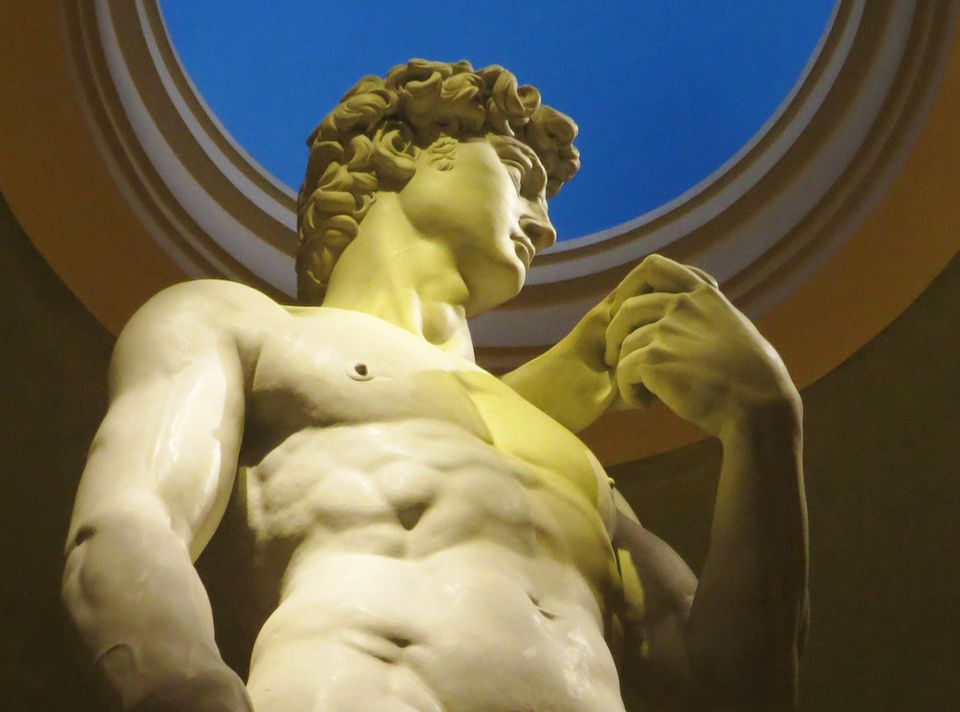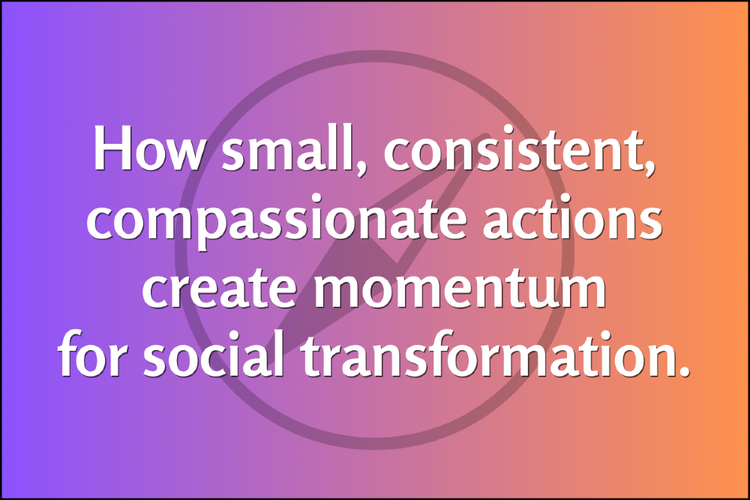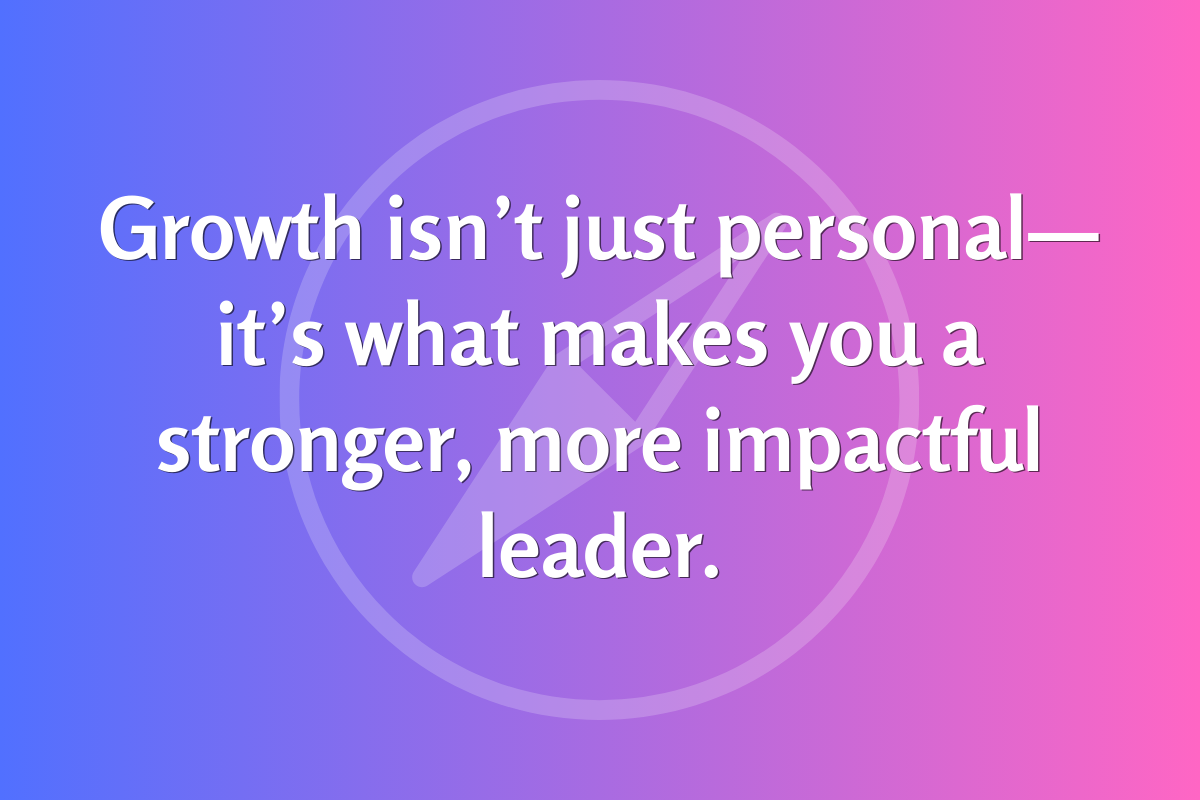Beauty Is Judgement In the Eye of the Beholder

Dualities create unconscious belief systems that foster prejudice.
“When the world knows beauty as beauty, ugliness arises
When it knows good as good, evil arises”
The beauty industry — which includes cosmetics, fashion, weight-loss and body-building programs — is dependent upon a conventional concept that ugly is something universal and quantifiable based on what you don’t have. This becomes a system in which one’s perceived beauty is never good enough by comparison and needs to be continually improved.
Through repeated advertising of images that the beauty industry tells you are beautiful, we begin to believe it unquestionably. The models representing brands or thirst-traps on Instagram are promoted as ideals and objective representations of what the perfect body or perfect face should look like.
The more we see these images, the easier it is for the concept of what is beautiful to falsely appear as objective truth.
“When you reinforce appearances, people scramble to please.”John Heider, The Tao Of Leadership.
Over thousands of years, different cultures at different times have created systems of beauty.
The system can only exist if there is a description for the dualistic understanding of appearance, in other words, the duality of beauty and ugliness, of fat and thin, of strong and muscular compared to weak and thin, or too short versus just the right height.
“The concept of something or someone being beautiful is grounded in a belief system that promotes duality and judgment.”
“Has it ever occurred to you that beauty depends on something being identified as ugly?”
We have supported belief systems of beauty for so long that most of us don’t question it.
This is not the only belief system that creates and fosters prejudice and bigotry. A person isn’t gay unless there’s a belief system that includes straight. A person isn’t trans unless there’s a belief system that includes cis. A person isn’t black unless there’s a belief system that includes white.
The opening lines of the second verse of the Tao Te Ching (quoted above) speak to the paradoxical unity of all dualities, polarities, and binaries. Dualities are nothing but a system of understanding, a mental construct that develops descriptions and labels to identify and communicate a comparison that does not exist in the natural world.
A dog doesn’t compare itself to another dog. The tree doesn’t compare its majesty to another tree. Only human beings use labels like majesty or compare their dog to someone else’s — because clearly, Boxers are the best breed ever (said everyone who has ever adopted a Boxer).
Dualities, polarities, and binaries are intellectual constructs that are neutral if they are used to define an objective truth, e.g. “Today the sky is clear and blue,” or “Today the sky is cloudy and is overcast.” Or, there are two trees in your backyard. One measures three metres in height and towers above you whereas the other is a sapling, not even up to your knee. These are observable facts we can quantify and don’t require subjective qualities of appearance or judgment.
The Natural World Is Without Judgment or Comparison.
It is only humans who look at the world and all its manifestations and subjectively label and judge what they see.
The problem with dualities is when one side of the binary becomes the acceptable convention or standard and is taken for objective fact and judged accordingly.
For example, current standards of what constitutes beauty, ideal body weight and physical stature, or ideal gender are influenced by the unquestioned repetition of these ideals. Yet, as soon as these ideals are questioned and challenged, people who have been complacent in their unconscious belief system often push back against change with anger and prejudice.
These conventions of opposition — beauty and ugly, good and bad, right and left, or straight and gay — are nothing but distinctions we make of our observable world as humans. Such distinctions are only truly useful when used objectively to describe without judgment, which is simultaneously the paradox of dualities.
The only way out of this paradox — to see things simply as they are — is to realize that polarities and binaries are a mind game.
Just like a game of ping pong, the ball goes from one side to the other, back and forth, touching down on one side, being hit back to the other side and touching down. Hold this dynamic of dualities in your mind if you find yourself stuck on one side of the equation.
How beautiful does someone look? How gay does someone act?
Instead of trying to describe another person’s appearance, mannerisms, or behaviours, what if you allow them to look the way they look and to act the way they act without applying labels, categories, or judgment?
What if you simply allow that person to be as they are?
Besides, to whom are you comparing that person? Are you comparing them to yourself or some unconscious standard? Do you know where these standards came from? Have you ever questioned the value or necessity of that standard? If you hold that person up to some unconscious standard, is it not prudent that you also be so evaluated and critiqued?
Prejudice develops from unquestioned conventions that are eventually taken for granted as objective truth.
We could spend the rest of our lives further categorizing, adding more labels, and creating more distinctions between who we are, ultimately creating further division and discord.
Or we could see the objective truth of who we are: we are all human beings.
This truth is the oneness that connects us all and is not a duality. Nothing could be further from the truth.





Member discussion